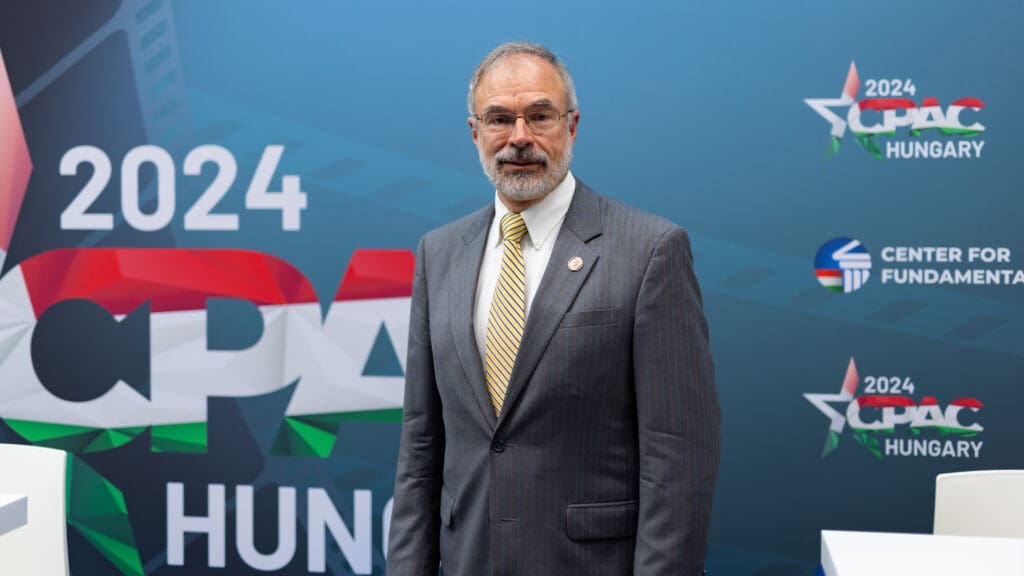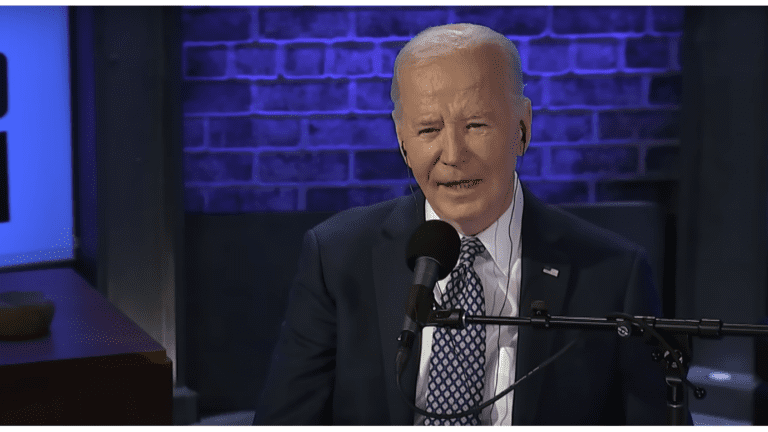In the early parliamentary elections held on Sunday, the conservative People’s Party (Partido Popular, PP) emerged as the winner in Spain, but it did not secure the necessary majority to form an independent government.
The Spanish conservative PP won 136 seats in the Spanish parliament in the general elections held on Sunday, 47 more than in 219. This falls 40 seats short of 176 seat needed for a majority in the 350-seat Spanish legislature. The currently governing Spanish Socialist Workers’ Party (PSOE) will have 122 seats, two more than in 2019. So in fact, contrary to expectations, the Socialists did not lose voters, rather gained one million more votes and might prevent the right from forming a viable government.
It now seems certain that the radical right-wing VOX party is the greatest loser of the elections: the party lost as many as 600,000 votes, and thus 19 mandates, obtaining only 33 seats in parliament as a result.
Sumar, a newly formed coalition of left-wing and radical left parties and a likely coalition partner of PSOE, has secured 31 mandates.
Following the elections, both the lower and upper houses of the new parliament are expected to hold their inaugural sessions on 17 August. The elections this past Sunday were 16th in the 47-year history of Spanish democracy. The turnout was quite high, considering the scorching heat in the Mediterranean country: approximately 70 per cent of eligible voters, more than 24 million people, participated in the voting.
The conservative People’s Party will attempt to form a government despite not having obtained a majority in the parliament, Alberto Núñez Feijóo, the party’s leader, stated early Monday morning after expressing gratitude to supporters at the party’s headquarters in Madrid. Núñez Feijóo emphasised that the message Spanish people have sent e to the parties is that they need to continue the dialogue. ‘As the [prime ministerial] candidate of the party that received the most votes, it is my duty to open the dialogue and attempt to govern our country according to the election results,’ he stated. He stressed, ‘No one should be tempted to obstruct this process,’ and specifically mentioned the Spanish Socialist Workers’ Party.
Pedro Sánchez, the current acting prime minister and PSOE’s secretary-general, also addressed his supporters in the Spanish capital. ‘There are many more who want Spain to progress than those who want to follow the path of regression marked by the PP and VOX,’ he said. He believed that the voters’ decision was clear, and ‘the bloc that proposed to repeal all the progress we made in the last four years has failed.’ The politician referred to the fact that the seats won by two major right-wing parties, PP and the right-leaning VOX combined still do not add up to the 176 seats needed for a majority in the 350-member parliament.
VOX President Santiago Abascal considered it very bad news that Pedro Sánchez could hinder the PP’s efforts to form a government despite losing the elections. He even suggested that Sánchez might govern with ‘the support of communism, terrorism, and separatism,’ referring to the other left-wing, Basque nationalist, and Catalan independence parties that secured seats in the parliament. He reiterated that, to restrain mobilisation, the media manipulated the campaign and demonised VOX. Abascal emphasised that the party will continue to resist, and whether in opposition or in a repeat parliamentary election, will not disappoint the voters who once again made the party the third political force.
Yolanda Díaz, the president of Sumar, the newly formed coalition of several left-leaning parties that secured the fourth place with 31 seats, spoke to the supporters celebrating the result. She noted that democracy won and strengthened during the elections. ‘This achievement will improve people’s lives,’ she stated. She announced her intention to initiate dialogue with every ‘democratic and progressive’ political force in the country to ensure that Spain has a government in place soon.
Read more:
Sources used: Hungarian Conservative/MTI/Partido Popular








